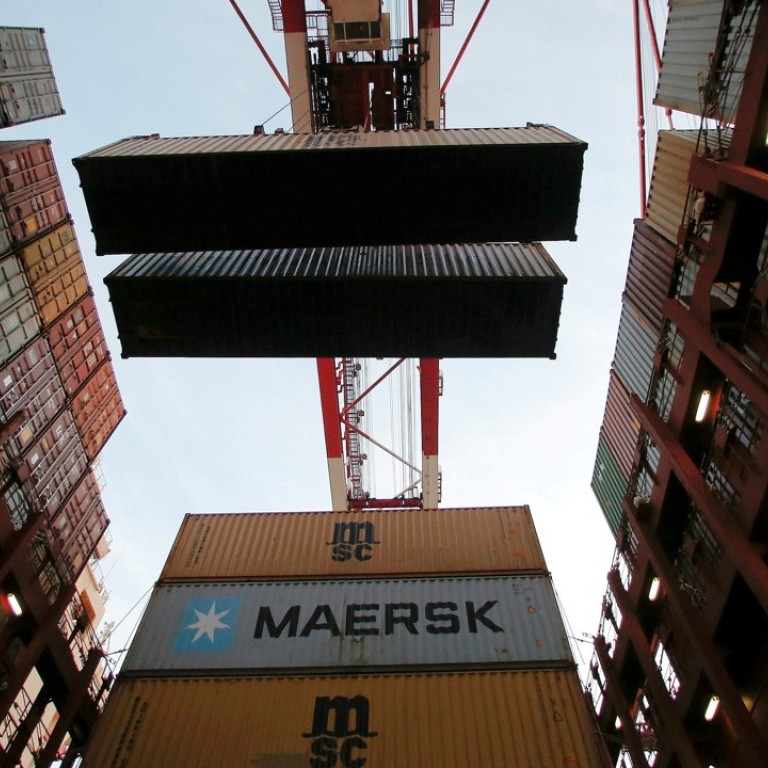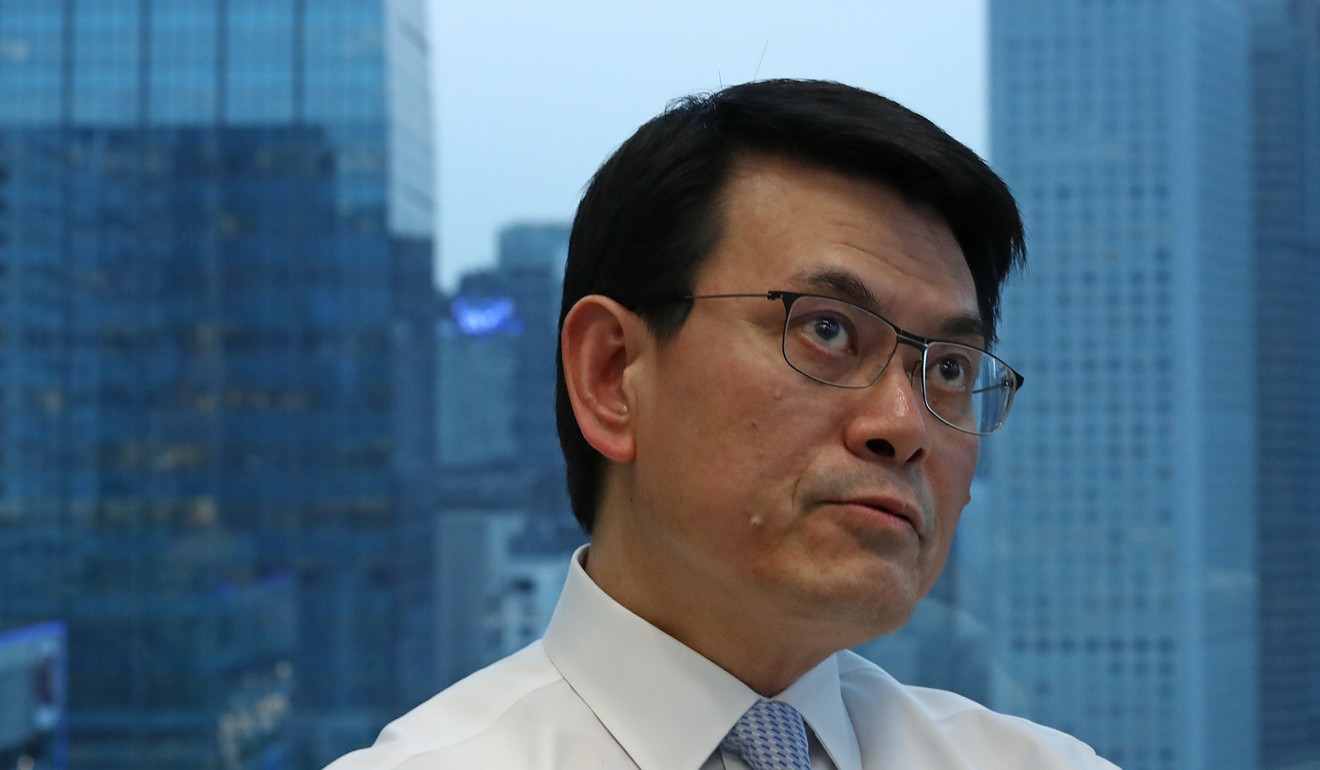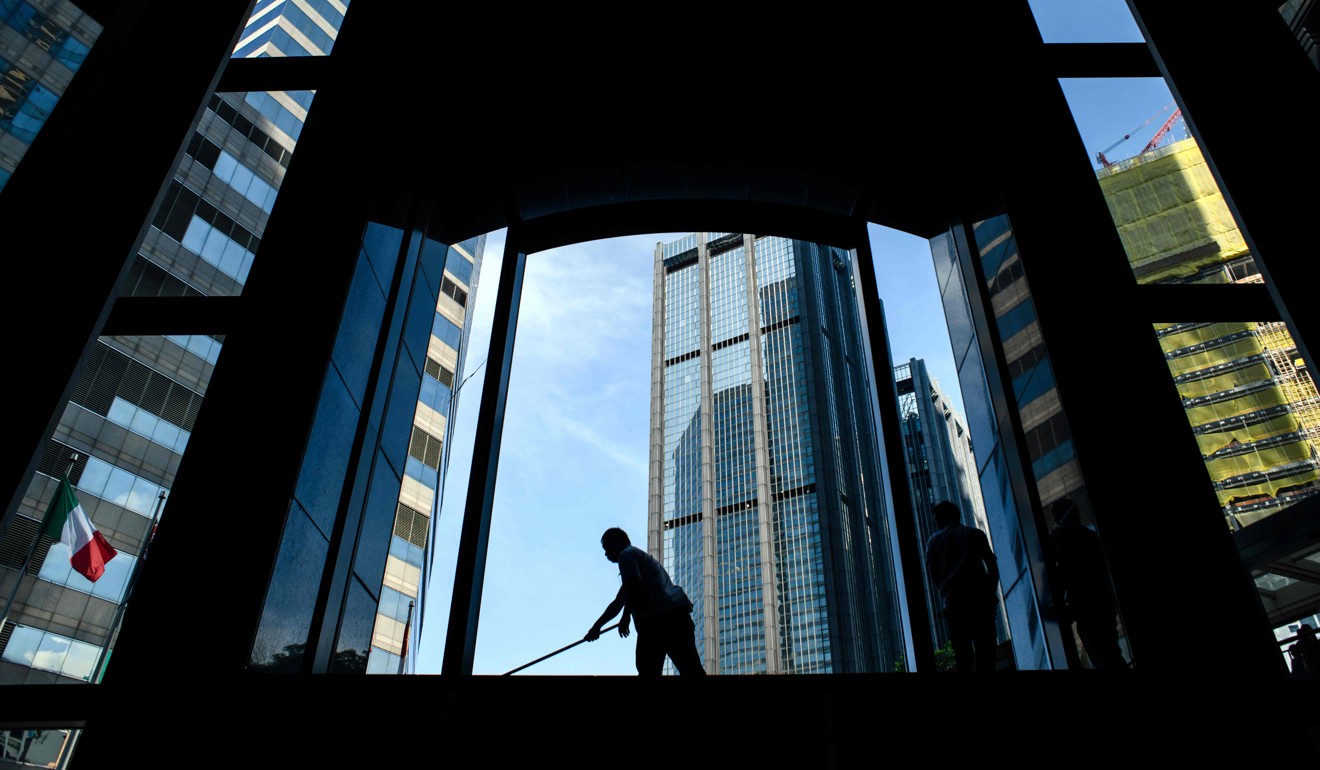
Hong Kong still the gateway to mainland China for foreign companies, commerce chief says
Edward Yau called for fresh way to look at city’s economy and revealed his vision to use creative industries as a driving force
Foreign companies are still attracted to Hong Kong for its “super connector” role to mainland China even though a lot now go north directly, the city’s commerce minister said.
In an interview with the Post, Secretary for Commerce and Economic Development Edward Yau Tang-wah also laid out his vision of using the creative industry as an “engine” to entice other industries.

Yau called for a fresh way to look at the city’s economy – not by measuring each industry’s numerical contribution to the GDP, but how they support each other.
“When you talk about whether some companies would go straight to mainland China, of course a lot would go and that’s why the service sector there has expanded dramatically,” Yau said.
The number of firms using Hong Kong as the local or regional office ... has been on the rise
“But the number of firms using Hong Kong as the local or regional office, or even global headquarters, has been on the rise.”
Last year, there were 7,986 such offices in Hong Kong, which was an increase of 1 per cent or just 82 from 2015. So far this year, the figure has already reached 8,225, an increase of 239 year on year.
The initiative was launched in 2013 to promote building railways, roads, power plants and other infrastructure projects in about 65 countries from Asia to Europe, boosting trade and economic growth.
While the Hong Kong government has positioned the city as the gateway to China, the city’s European Chamber of Commerce chairman Horst Geicke disagreed. Geicke said earlier that many foreign firms had set up offices in mainland China because the authorities offer a host of incentives.
“The best way to describe Hong Kong is certainly a connector. But we are more than a connector,” Yau said. He added business professionals at an earlier summit had told him the best place to finance belt and road projects was in Hong Kong and that the initiative would bring “unforeseen opportunities” to the city.
On diversifying the economy, Yau said even though the creative industry only contributed about 5 per cent to the GDP, its actual contribution to the economy was “very much underestimated”.

“The new way to define our economy is not by GDP but by the influence and the collective influence among the related industries. I think some of these industries are like scaffolding holding up the entire economy,” he said.
As an example, Yau said local design events and exhibitions were defined as part of the creative industry. But they also draw tourists.
“The creative industry, convention and exhibition industry and also tourism, are those catalysts which can bring the entire economy to new heights,” he said.

